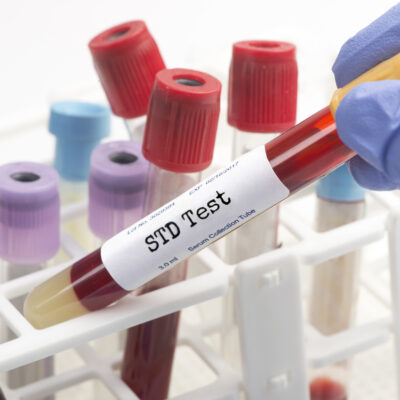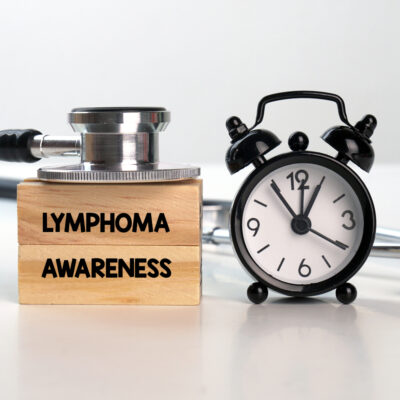
Health Conditions
5 Common Symptoms of Hemophilia
Hemophilia is a rare disorder that results in the blood not clotting properly as it lacks blood-clotting proteins (clotting factor). As a result, individuals with this disorder will bleed longer after an injury. There are different types of hemophilia: hemophilia A is a factor VIII deficiency, hemophilia B is a factor IX deficiency, and the rarest type, hemophilia C, is a factor XI deficiency. There is currently no cure for the bleeding disorder, but there are some medications and treatments such as plasma-derived factor concentrates, hemophilia B gene therapy, Hemlibra, and more. Here are 5 common symptoms of hemophilia: 1. Excessive bleeding from cuts or injuries In a normal injury or cut, bleeding will typically subside after a few minutes or so—if they’re deeper cuts, it can take about 20 minutes. It is able to stop bleeding so quickly thanks to blood clotting at the area of the cut, a way to prevent excessive bleeding. However, in patients with hemophilia, their lack of blood-clotting proteins results in cuts and injuries that can bleed excessively. Small cuts usually aren’t of concern in these patients, but bigger, deeper gashes can be distressing if they bleed for too long. 2. Many large bruises Patients may notice large bruising after small bumps.
Read More 















